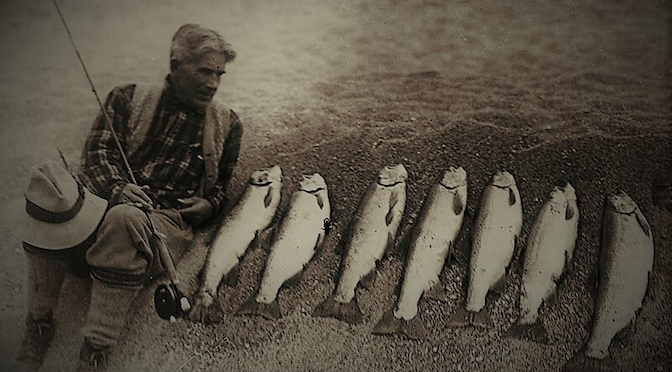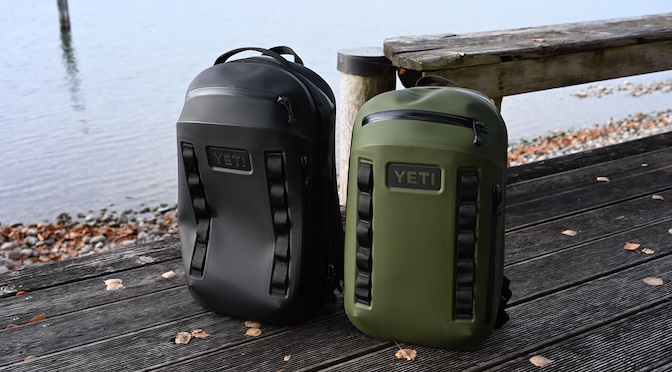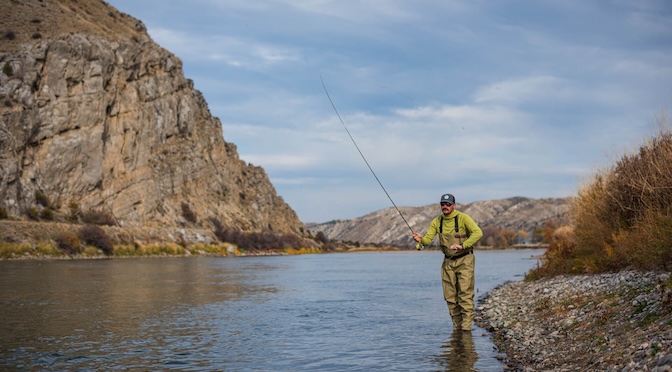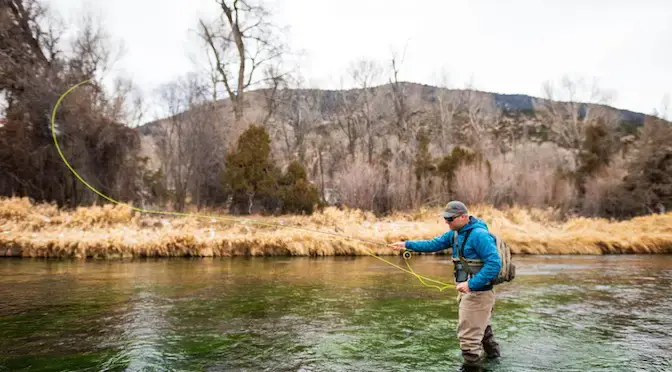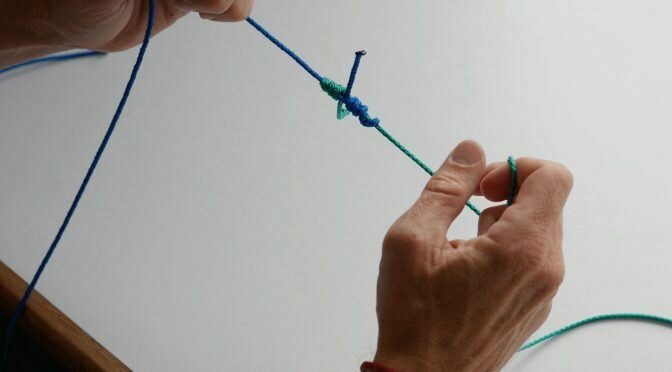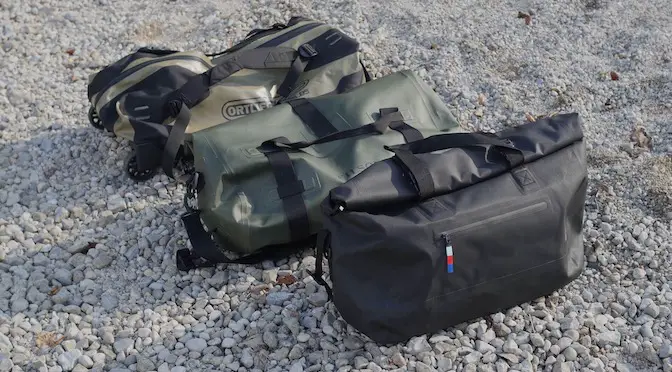- Can YETI’s new backpack deliver? Thoughts on the YETI CAYO - November 20, 2025
- How to Put a Worm on a Hook: Proven Methods for a Perfect Bait - November 18, 2025
- How to Fish in a River: An Essential Guide to Proven Techniques - November 18, 2025
Initiated by Eoin Fairgrieve, the Tweed Salmon Festival aims to secure the future of wild Atlantic salmon.
Held at Schloss Roxburghe in Scotland, the festival focuses on teaching young people not only how to fish but also the importance of river conservation and sustainable practices. It’s a community effort to ensure the survival of this important species.
The Idea Behind the Festival
Eoin Fairgrieve started the Tweed Salmon Festival with a clear goal: to educate the next generation of anglers. The festival is a collective effort by people in the fishing community who recognize the challenges facing salmon fishing. They believe that children are the future caretakers of the sport and the rivers. The festival provides a platform to teach young anglers about fishing and the importance of protecting river systems and fish.
Getting Young Anglers Hooked
One of the festival’s main focuses is getting young anglers to catch fish. Eoin, who has taught many children to fly fish, knows that early success is key. The festival was a big hit, with many fish in the loch. Over 800 people attended of which close to 200 people tried fly fishing for the first time and almost everyone caught their first fish. This hands-on success was a huge part of the festival’s appeal.
The event also had a strong community feel. Parents and grandparents often learned alongside the children. Beyond just casting and tying flies, the festival taught kids about fish life cycles and habitat management. Programs were tailored to different age groups, from a kids’ club for ages five to eight, to more advanced lessons for older children.
Making Fly Fishing Accessible
Many people think salmon fishing is hard to get into, especially because some fishing spots are private. However, Eoin says this is a common misunderstanding. Salmon fishing is more accessible than ever. You can often fish on association waters for a small daily fee, or join an association for a yearly pass. The angling community needs to do a better job of showing people how affordable and welcoming it can be. The festival aims to create a welcoming environment where no one feels intimidated by a lack of knowledge.
The Importance of Catch and Release
Catch and release is a big topic in fishing, and it’s crucial for salmon conservation. Eoin explains that salmon fishing is now a sport of conservation. Once a salmon is taken out of the river, it can no longer help with the species’ regeneration. Therefore, handling fish carefully and returning them to the water is vital for their survival. The mindset among salmon anglers has thankfully shifted towards this practice. In the past, it was common to keep every fish, but those days are largely gone.
Eoin also points out that fly fishermen often act as advocates for fish and river health. While problems like farming practices might not be visible underwater, anglers are often the first to notice and care about what’s happening in the rivers. They are a voice for the fish.
Sustainable Food and Community
While catch and release is essential for salmon, the festival also showed how to enjoy sustainable food sources. A popular feature was the Scandinavian fire pit, where visitors could try sustainably sourced fish. This helped people understand the connection between playing a fish, cooking it, and eating it, but only with species that are not endangered.
This educational aspect, especially for children, teaches them to value the animal and enjoy it responsibly. The fire pit, run by Sarah Reinhold from Patagonia, also highlighted the simple joy of being by the water, enjoying nature, and building community. Fishing is not just about catching fish; it’s about switching off, enjoying the environment, and connecting with others. It’s a shared experience that builds friendships and a common understanding among anglers worldwide.

